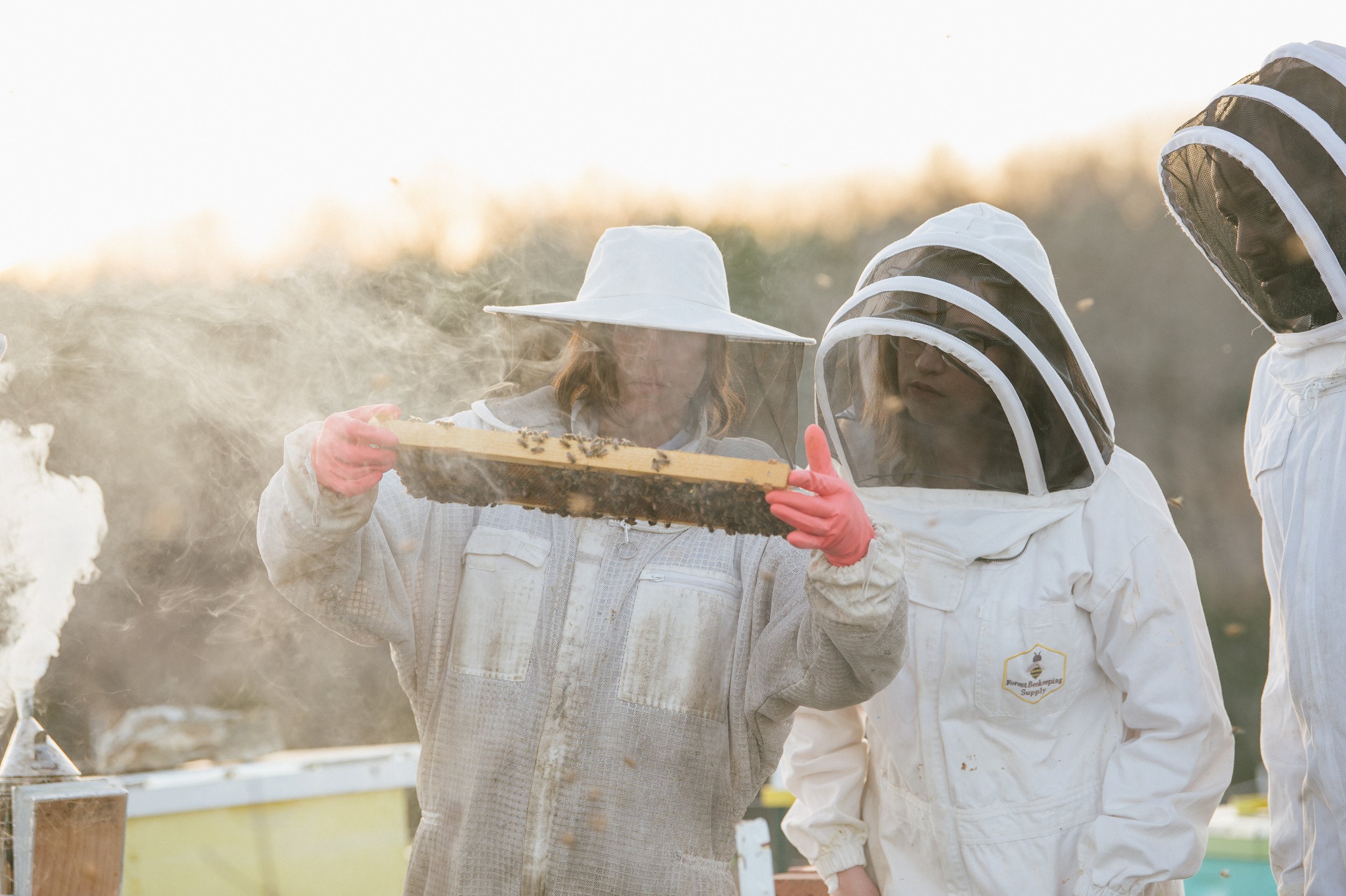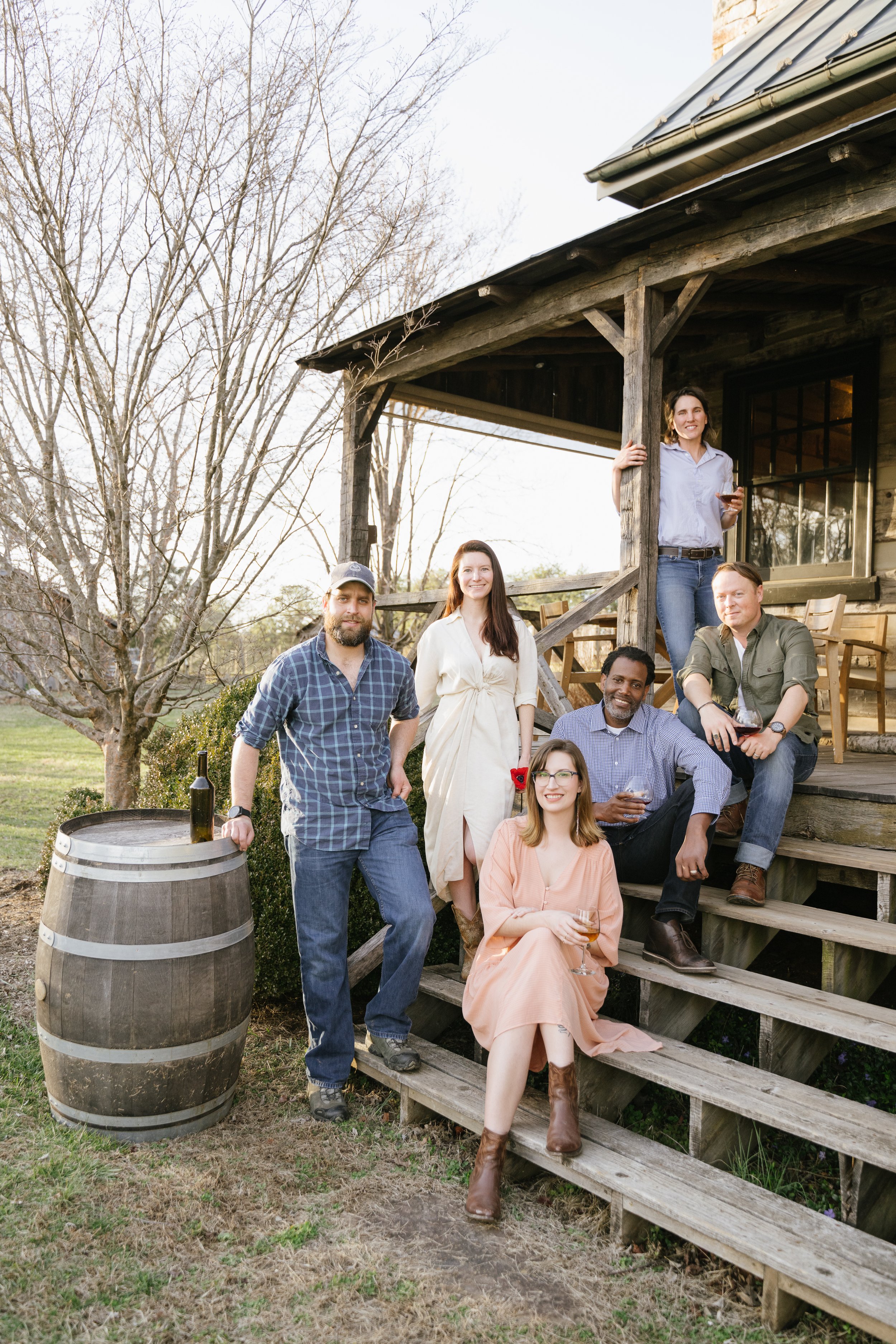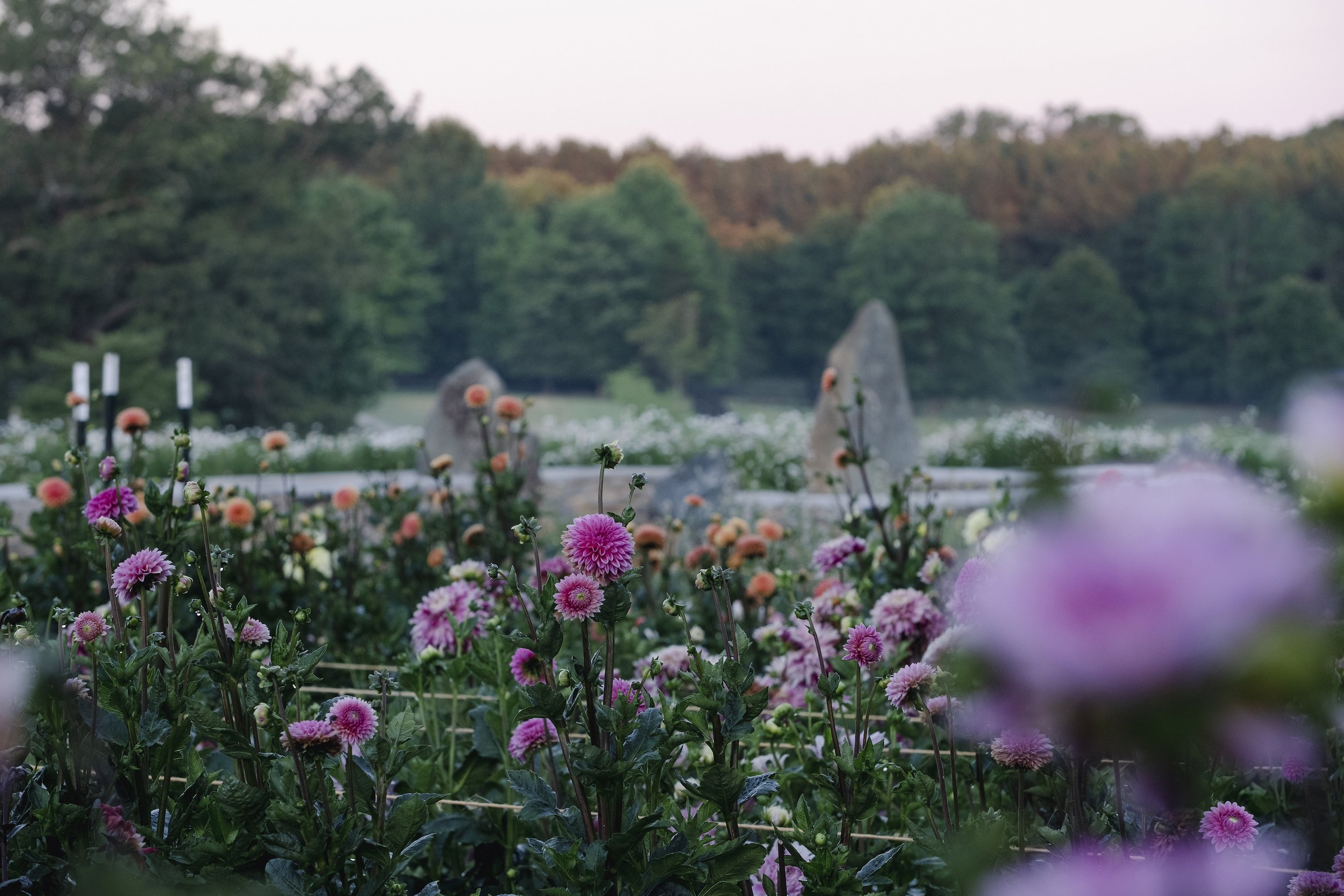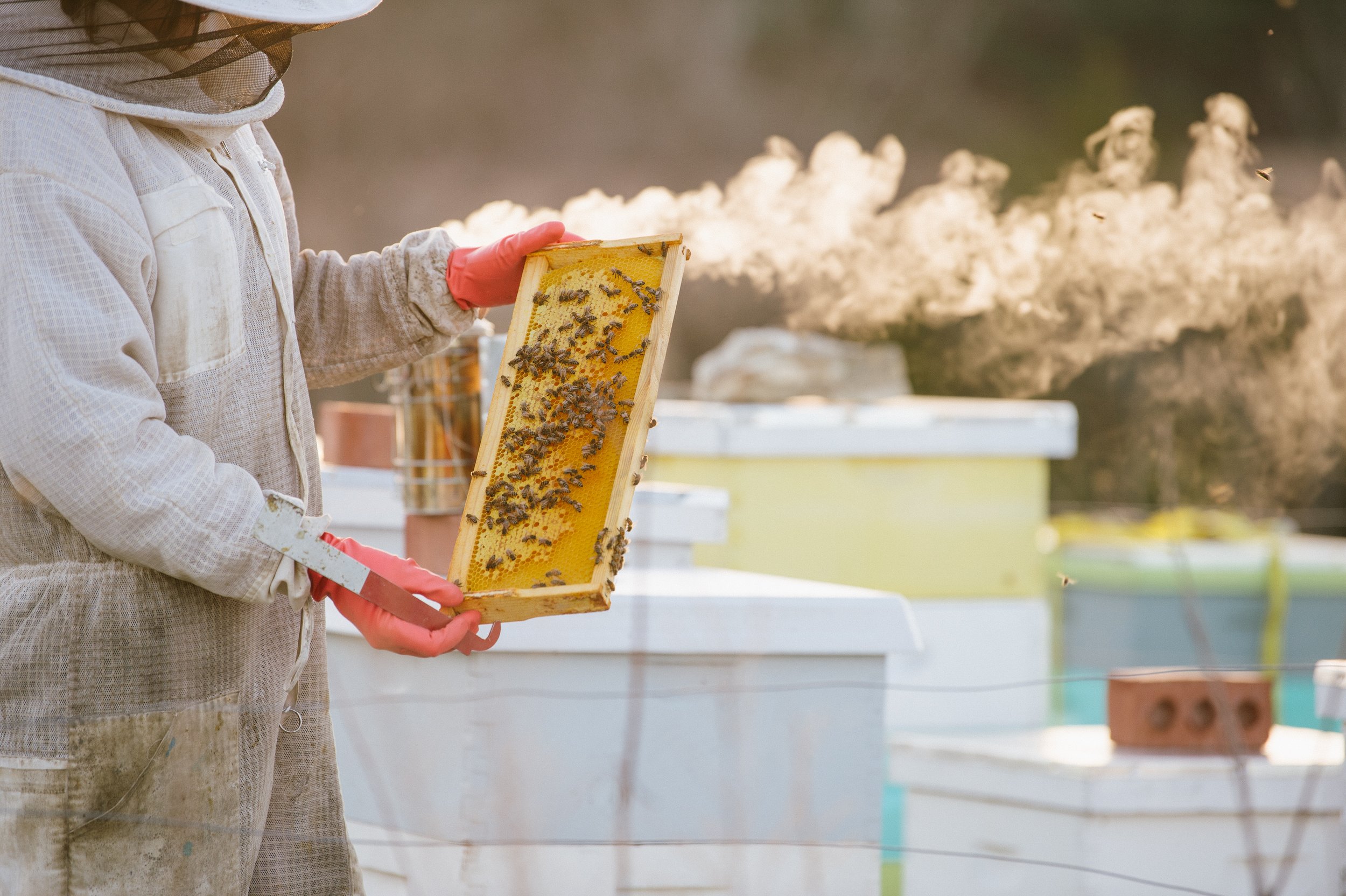John Kluge, CEO & Co-Founder
“We draw much of our inspiration from Nature. In nature, the bees dance with the flowers and the wind to sustain much of our planet’s life. If our businesses are the bees, our communities are the flowers, the GBA is the wind. Together, and only together, can we achieve a carbon neutral future.”
Regenerative Agriculture & Apiculture
TMC is headquartered on a regenerative flower farm and apiary in Albemarle County. Our first investments were in restoring the soil and developing a robust forage site for honey bees and native pollinators. We then spent a year building a strong and growing bee yard using all-natural beekeeping practices, free of chemical treatments, and minimizing supplementary sugar feedings. By the summer of 2023, we will have roughly 70 established hives and have plans to quadruple this in subsequent years, largely through an MOU we have signed with Hexagon Energy to establish hives at the new Woodridge Solar array and to assist with wildflower meadow restoration.
Green Building Design & Electrification
TMC has incorporated green building and accessibility design principles in the construction of its first production facility. At TMC we have set in action our Net-zero strategy by optimizing location-specific renewable energy resources for electricity and transportation. This includes an initial solar installation by Sunday Solar, providing ⅓ of the electrification requirements of our farm operation with plans to complete the remaining ⅔ solarization of our operations by Q4 of 2023.
TMC has partnered with electric vehicle manufacturer Rivian to begin our fleet electrification and will be using our first all-electric R1T truck to collect fermentation ingredients from local farms to delivery products to farmers’ markets, retail outlets, and local mead club members, as well as for in-state brand activations and events.
Packaging and Materials
TMC is in the process of finalizing our preliminary packaging for our flagship launch meads and honeys. This includes the use of 100% post-consumer recycled glass, bamboo and upcycled charcoal closures, compostable labels, and soy-based inks. TMC is also piloting a reuse program, collecting used sparkling wine bottles donated by a local winery, sanding the glass, and repurposing the bottles for our experimental champenoise mead program.
Supply Chain and Sourcing
TMC is sourcing fresh local fruits and botanicals with a priority to social enterprises and women or BIPOC-owned farms or beekeepers. This includes partnerships with Siller Pollinator Company, Trophic LLC, Agriberry Farm, Hobbit Hill Farm, Appalachian Botanical Company, and 734 Coffee, to name a few.
Some ingredients cannot be sourced locally, such as unique monofloral honey varietals or certain spices, or other fermentation ingredients. TMC uses our purchasing power to provide steady economic support to partners in emerging markets where ecosystems and/or communities may be at specific risk. TMC will re-invest 50% of pre-tax profits into the communities and ecosystems we source from, directly supporting conservation, biodiversity preservation, and nature-based livelihoods. So far, supply chain partnerships in this context include the World Honey Exchange; wild honey from the Boni Forest of Kenya benefiting the Northern Rangelands Trust (NRT) and the Awer people; acacia honey from a cooperative in Meta Colombia which provides economic support and incentives supporting rainforest conservation to individuals that were forcibly displaced due to guerrilla activities; and saffron from Afghanistan via Rumi Spice, which supports rural women smallholder farmers.
Certifications & Governance
Additionally, TMC has signed on as a 1% for the Planet member, has started our bCorp assessment and certification process, and is in the early stages of appointing an independent counsel on our Board of Directors to represent the voice of nature in all governance and matters of culture within the company.
Future Goals and Projects
Tracking our progress from our baseline carbon assessment to achieving carbon neutral certification;
Working together to enlist and empower other food, beverage, and hospitality companies to make robust climate commitments and actions in the next 10 years;
Being a hands-on learning resource for other GBA members, seeking counsel from GBA members in solving some of our trickier scope 3 challenges, and welcoming GBA members to the farm to meet the bees, dance in the flower field, and taste humanity’s most ancient and noble alcohol.







